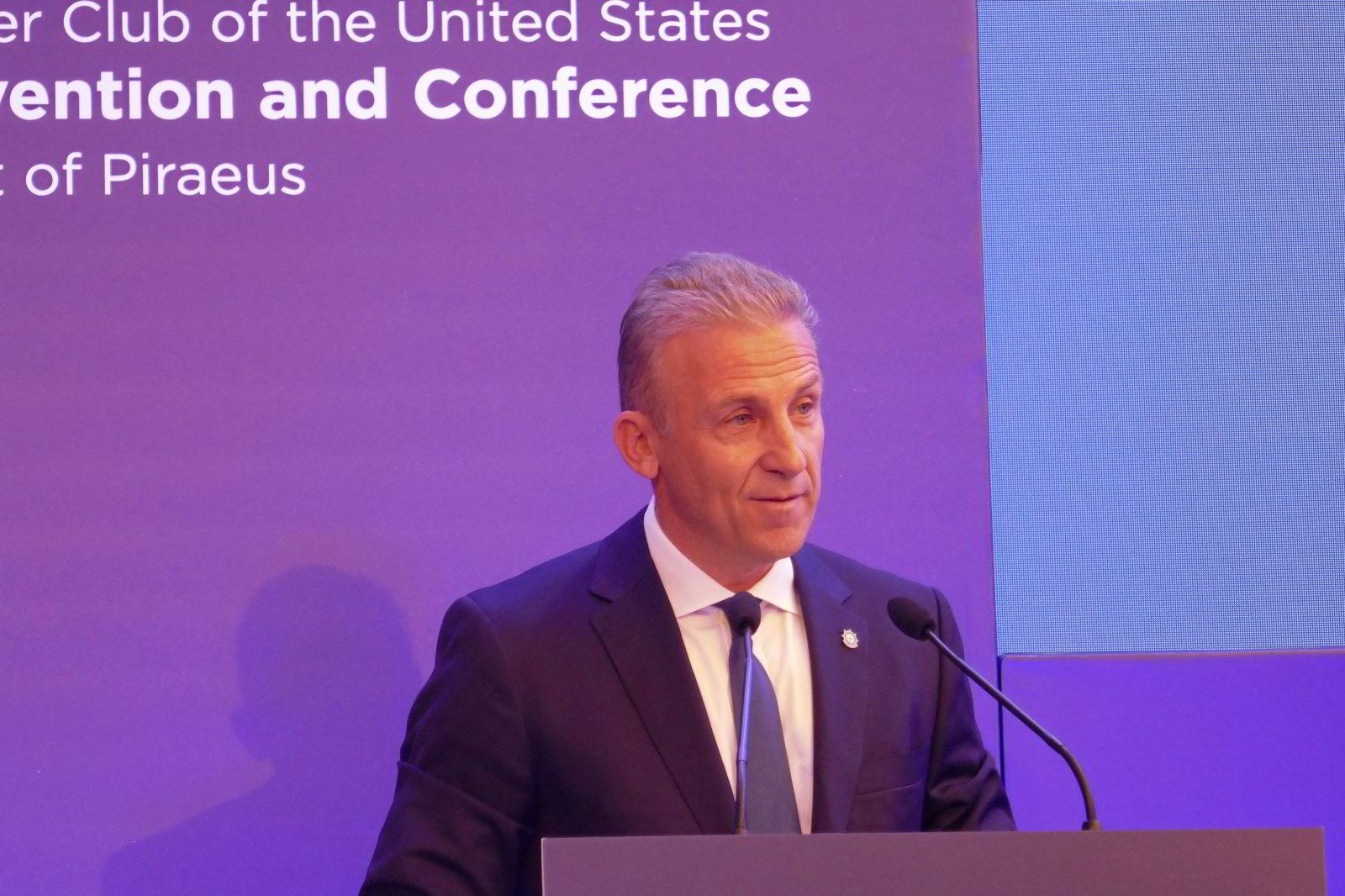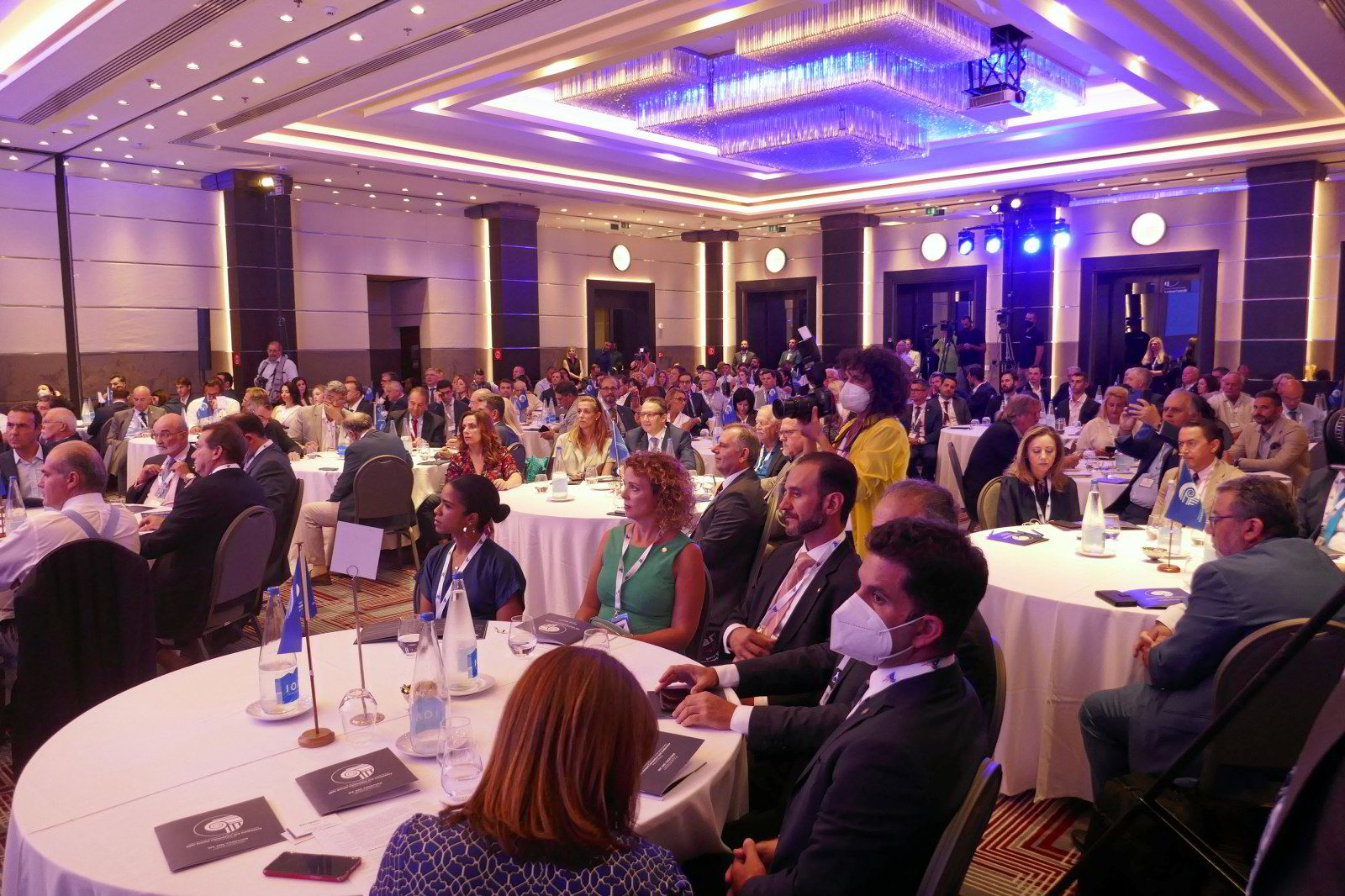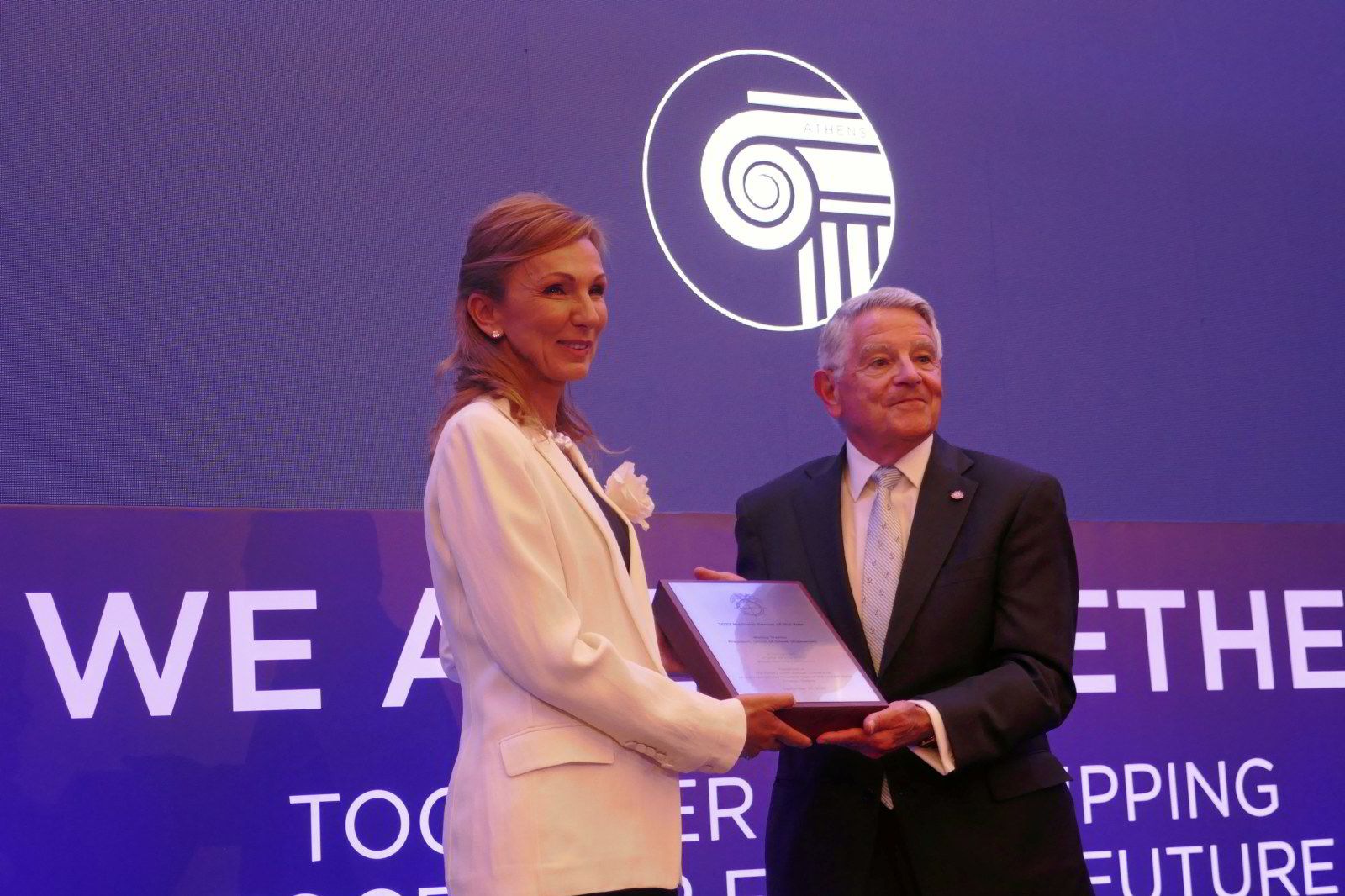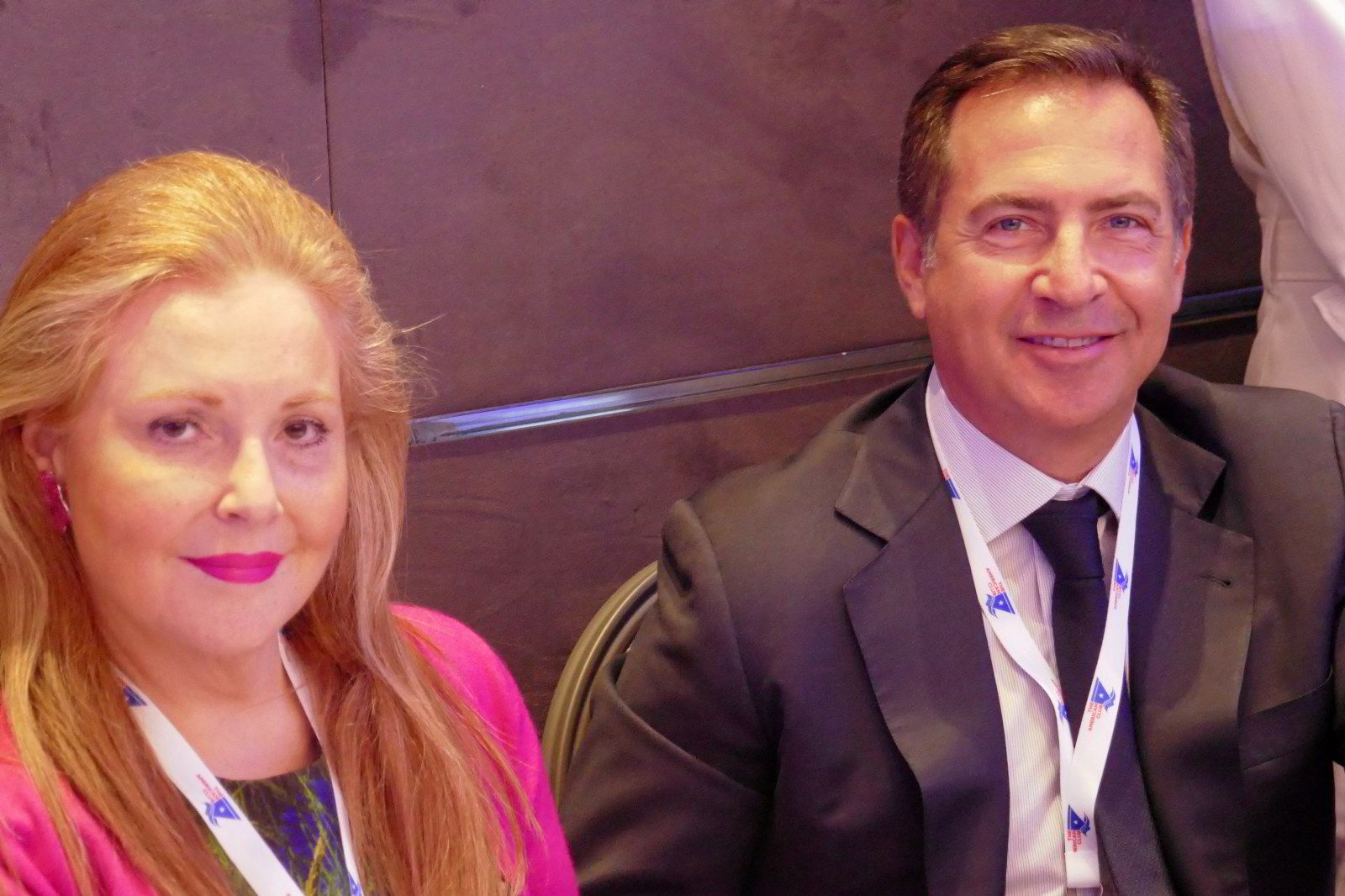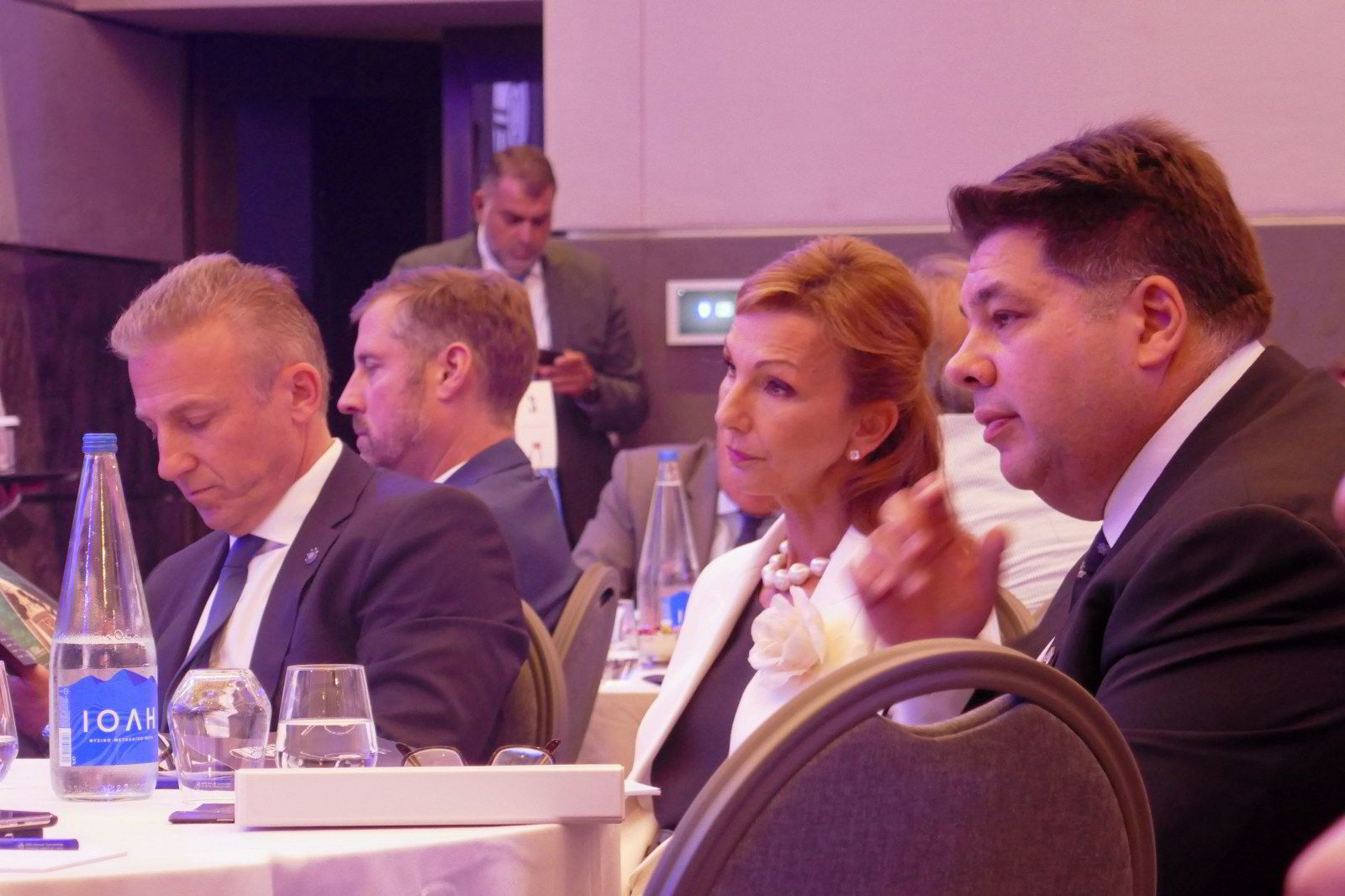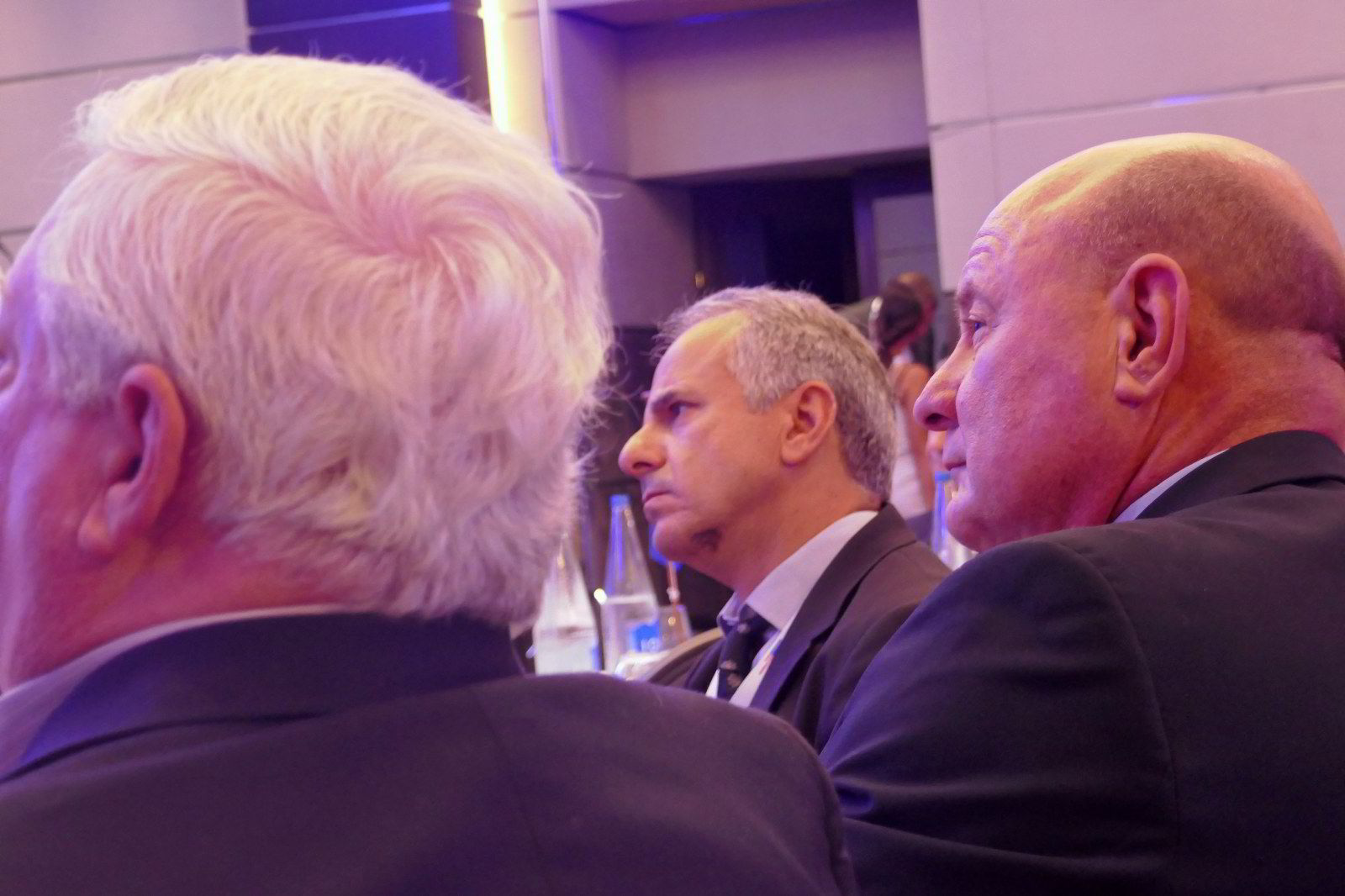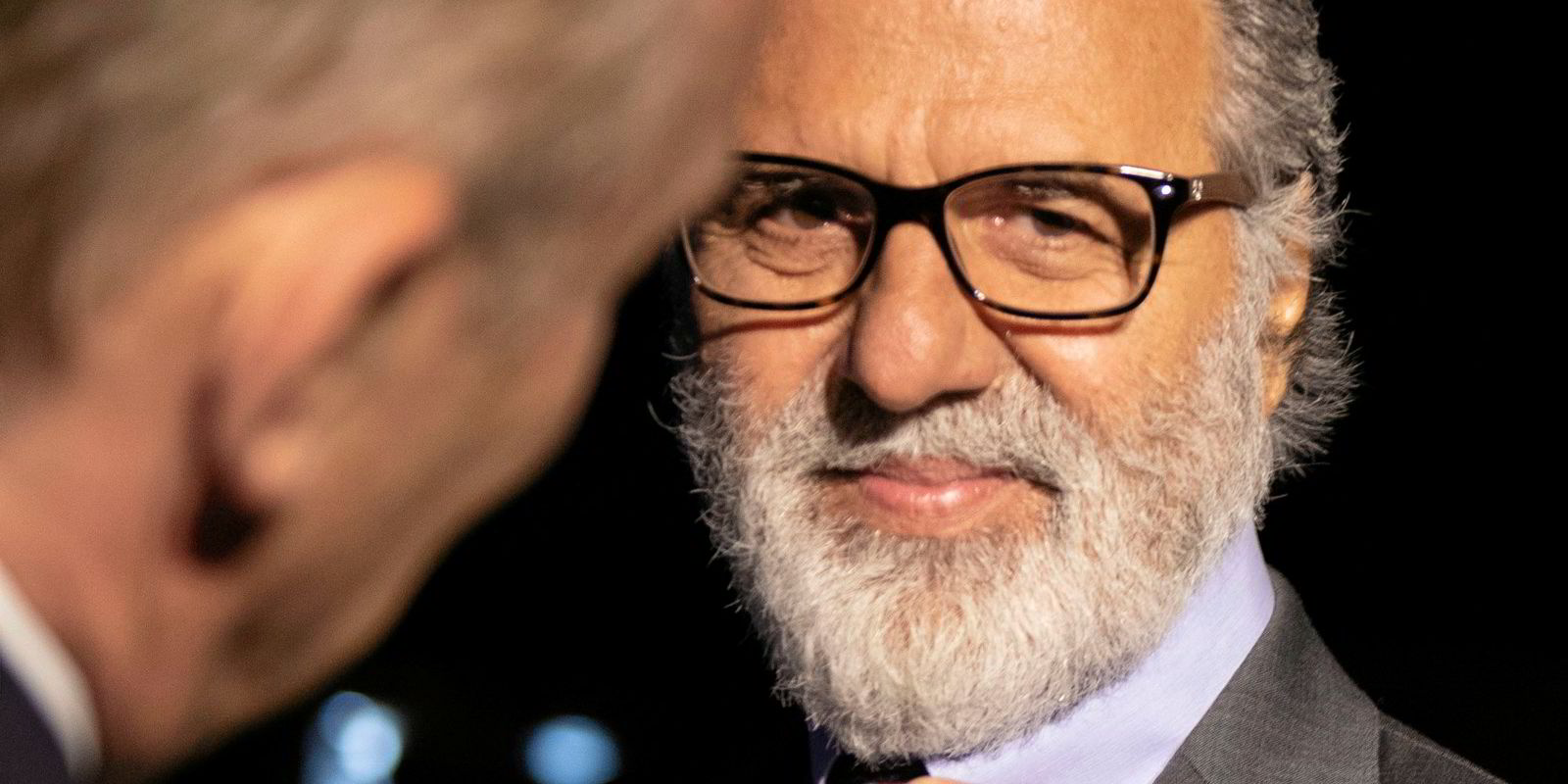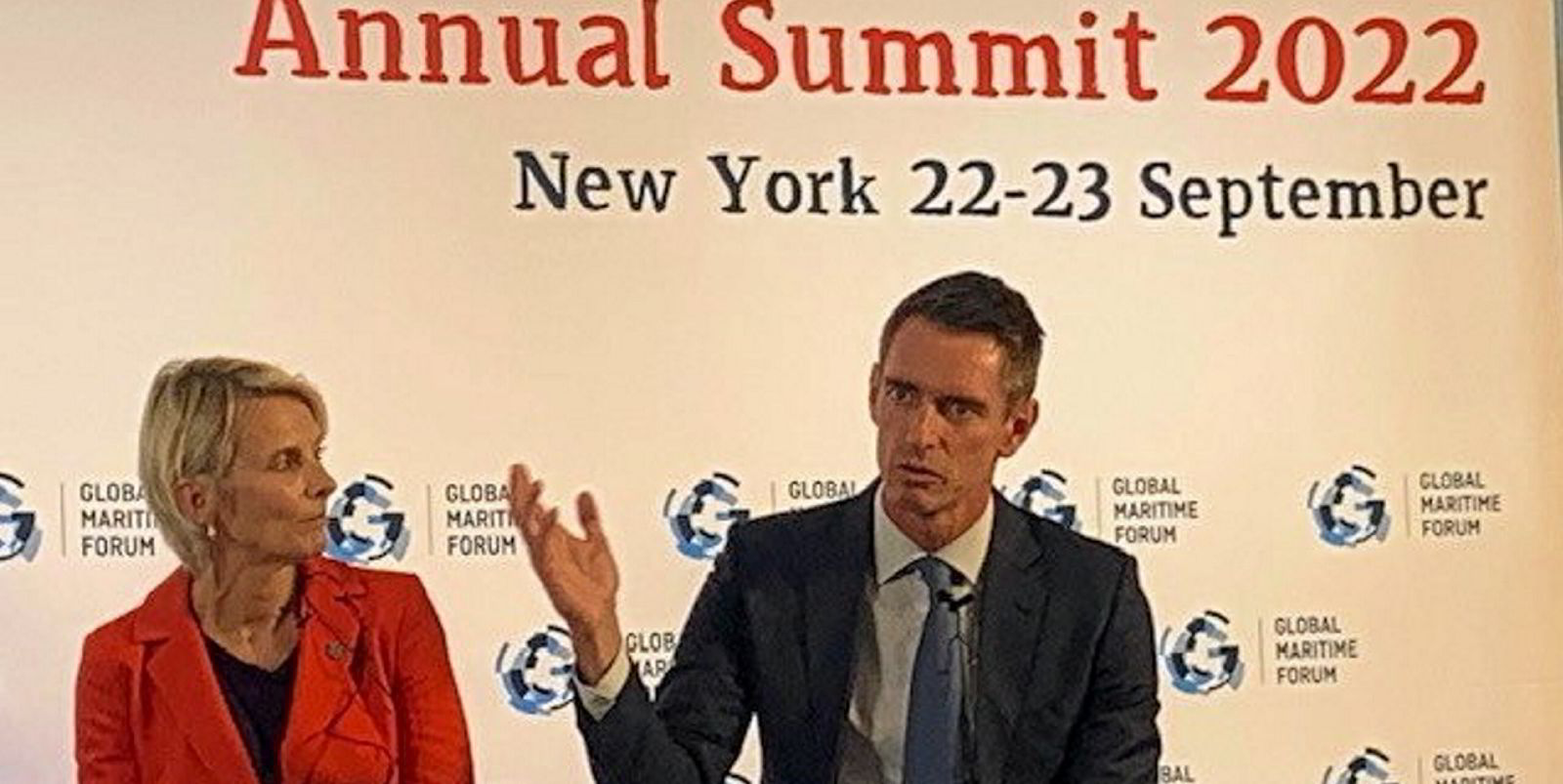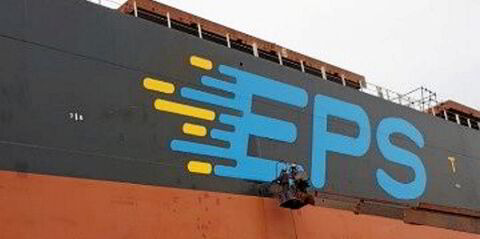As maritime organisations across the world pick up the thread of face-to-face meetings after the worst of the coronavirus pandemic, it was the turn of the International Propeller Club of the US this week to physically gather its members in Greece.
“We’ve been waiting a long time for this,” said Costis Frangoulis — president of the Propeller Club’s Piraeus chapter and host of the global network’s 96th convention.
Despite disruption from Covid, Frangoulis oversaw rampant growth of the Propeller Club in Greece, signing up 271 new members in the past 12 months alone.
Growth in Piraeus numbers last year exceeded some other chapters’ entire membership, complimented James Patti — the club’s international president — during the convention’s opening ceremony in Athens on 20 September.
The increase to 742 members bolstered the position of the Piraeus chapter, making it the biggest. It is also oldest among the Fairfax, Virginia-based Propeller Club’s 72 branches worldwide.
The most hotly debated topic in the three days of panels and events was the West’s sanctions against Russia over its war in Ukraine.
Participants did not mince words.
“I know there’s a lot of fatigue,” said George Tsunis, US Ambassador to Greece, adding that patience was of the essence.
Sticking together
“A little courage please,” he said, addressing a room packed with participants: “…we must continue to stick together as an international community and to say to Mr Putin ‘this is not acceptable, this will not stand’.”
Tsunis’ comments drew applause but did not quell scepticism among some shipping professionals speaking at panels in the days that followed.
“Sanctions are just not working,” said George Margaronis, chief executive of Latsco Shipping.
“It is too easy to circumvent these sanctions,” he added.
Current plans to put a price cap on Russian oil met with particular criticism.
“Nobody knows how to enforce it and who is going to police it,” said Daniel Tadros, chief operating officer at protection and indemnity mutual the American Club.
Implementing a price cap means that suppliers will have to attest they have purchased the oil at, or below the price cap, Tadros explained.
According to Margaronis, this is exactly the problem.
“People will give you fake attestations,” the Greek manager said, adding: “This idea of a cap will not work out — I wonder if politicians ever consult with people who are in the business before they take such measures.”

